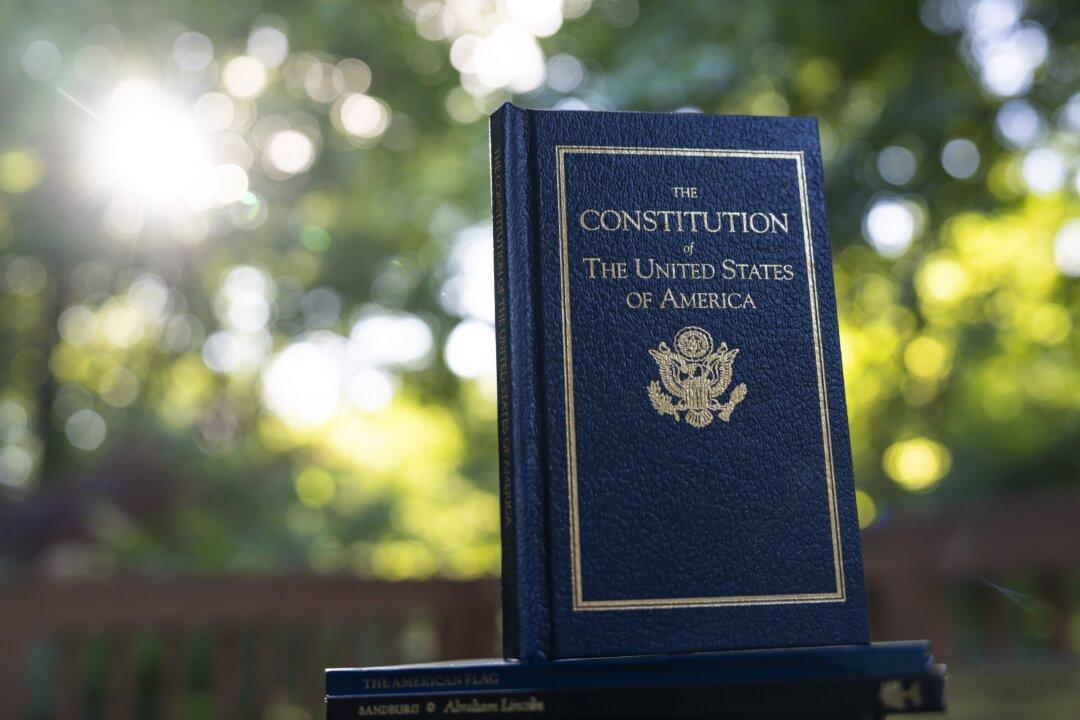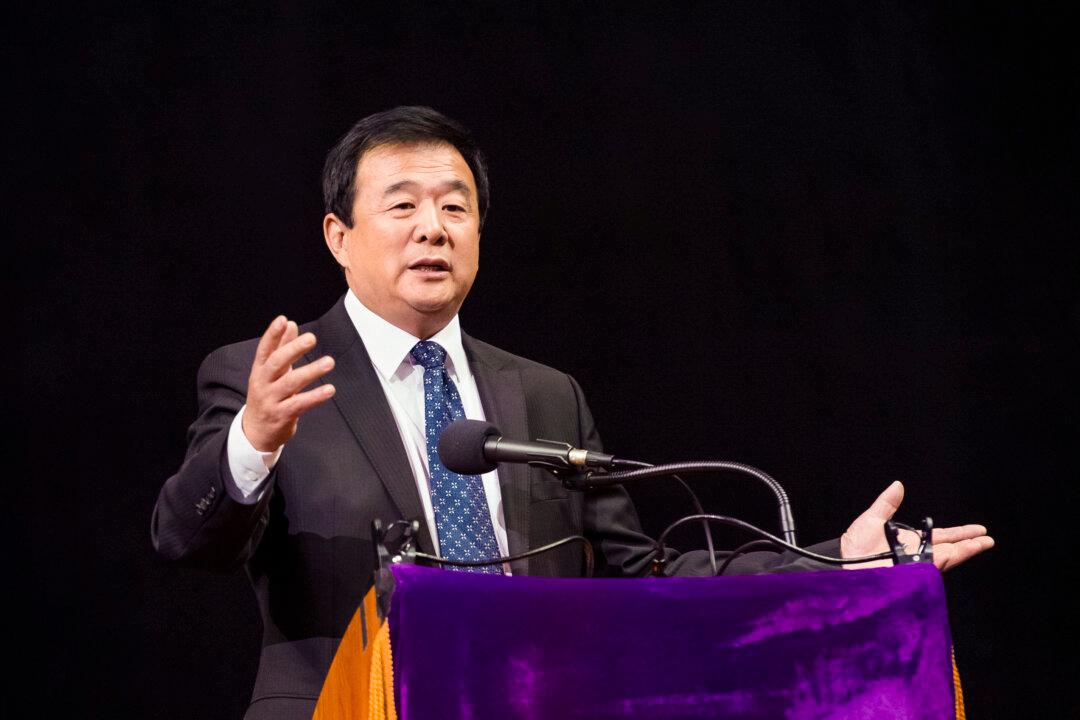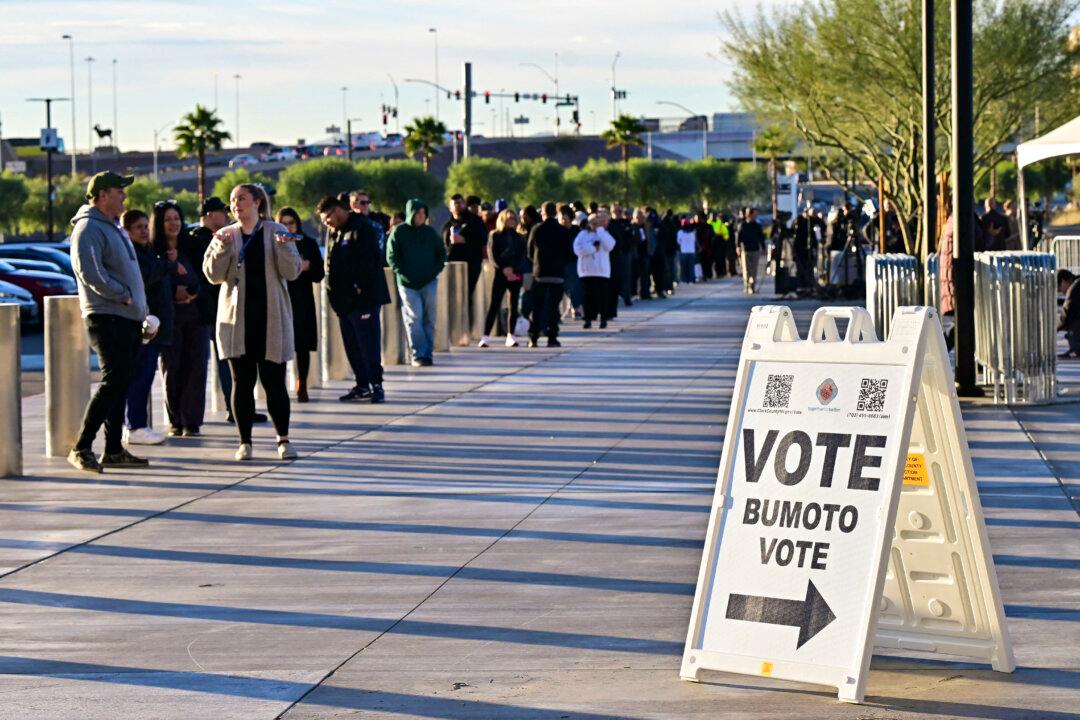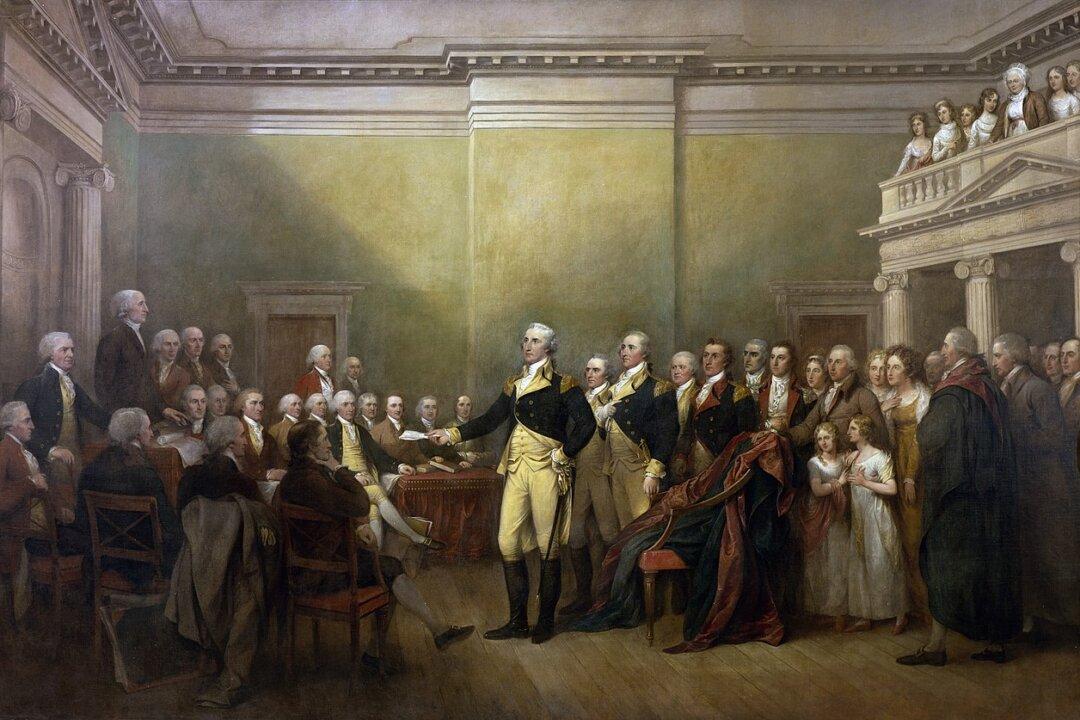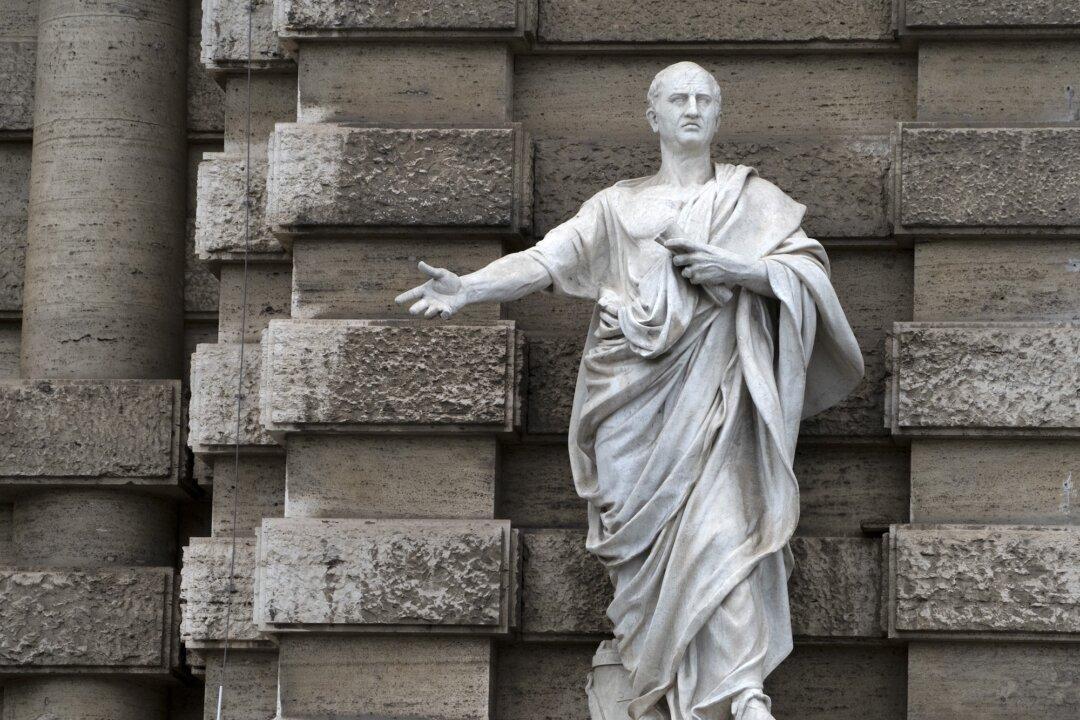Commentary
In 1936, a young man came to the nation’s capital to work for the FBI. He did his FBI job during the daytime and attended law school at George Washington University at night. He asked his law professor for a good book on the U.S. Constitution and was given one that was three inches thick. In the process of looking for a simple and straightforward book about the Constitution, he ended up reading all the writings by the Founding Fathers, including the Federalist Papers, the notes of the Constitutional Convention in Philadelphia, and most of the correspondence between the key Founding Fathers at that time. Eventually, he created such a book about the Constitution himself, called “The Five Thousand Year Leap.”
